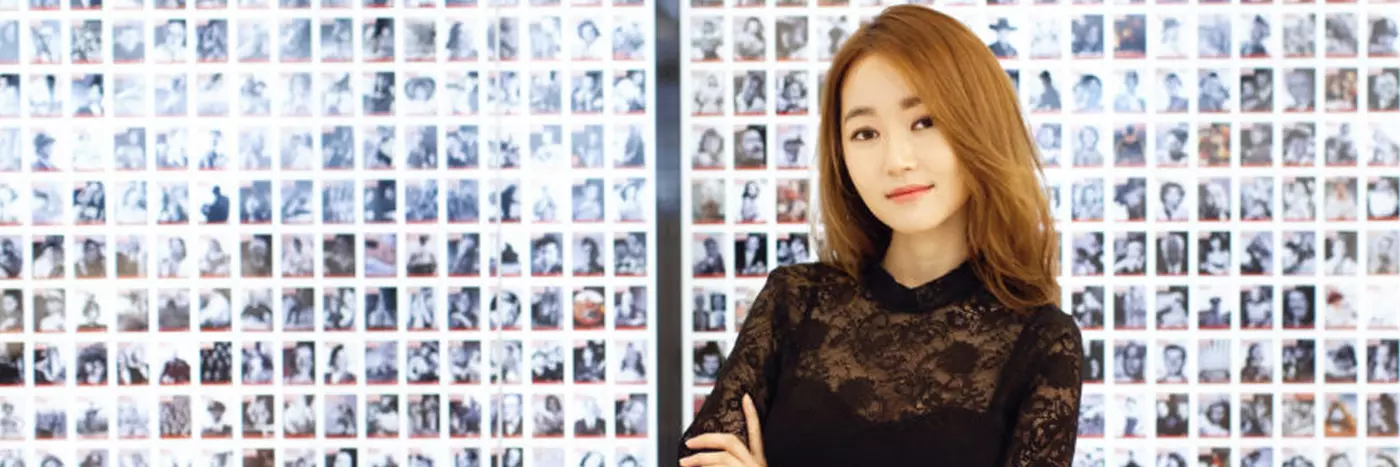She escaped, and she's one of hundreds of defectors each year rewriting the narrative on North Korea.
Each week, we'll be deconstructing the people and the movements that made them as part of Antidote, the Opera House's newest festival of ideas, art & action.
Scroll to the bottom for more stories.
Last year, South Korean military forces on the border between North and South blasted melodramatic folk songs and bombastic boy band hits across the four-kilometre dead space between the two countries in an act of careful propaganda. The reality of it is surreal, but it’s even easier to get caught up in the hyper-fictionalised versions of the two states: from South Korea, the birthplace of some of the most powerful pop culture movements of the last decade; to the regular missile tests, dubious diplomacy and the film starring James Franco and Seth Rogen infiltrating North Korea. Driving from Seoul to the border takes about as long as it does from Sydney to Canberra, but the history behind these two neighbours is darker — trauma-stricken refugees, broken families and lost siblings.
Yeonmi Park (박연미) is one of the more vocal defectors telling her story. She and at least a hundred others each month escaped their lives in North Korea and moved to China, South Korea and abroad in search of a better life. Park’s not camera-shy either, having shared her life with MSNBC, The Guardian, SBS and at Sydney Writer's Festival last year. In Order to Live is Park’s autobiography — at thirteen, she escaped to northern China with her mother, and spent her teen years being trafficked and prostituted by local gangs.
"I hope my book will shine a light on the darkest place in the world," Park told The Guardian. At one point, burying her trauma seemed like the solution. “I was never going to let this story out. I was determined to forget these memories. It’s only now that I feel free … Now I’ve written the book all that pressure has gone.”
Park’s tale is one of many that are being revealed from the defectors who have left their home in the North. Lee So-yeon was one of thousands of North Korean women who volunteered for the military service in exchange for food scraps. She’s told her story to NPR Radio, and now leads the New Korea Women’s Union, a body of advocates working for the protection and rehabilitation of defectors. Her and the 300-strong union members march in rallies and present themselves at press conferences armed with placards shunning Kim Jong-un, their previous dictator. Organisations such as Lee’s are allowing North Koreans — notably women — a place to not only share their trauma, but take action on it.
Yeonmi Park in In Order to Live: A North Korean Girl's Journey to FreedomThere were so many desperate people on the streets crying for help that you had to shut off your heart or the pain would be too much.
In South Korea, sometimes beaming the women’s stories through TV sets and YouTube is their most salient mode of communication.
A panel of four South Korean actors, TV celebrities and comedians lounge in plush chairs on a pastel-purple stage set. They’re part of a game show, taking turns guessing how North Koreans bury their loved ones. It’s light-hearted for prime time TV, but the reality is more grim. Later in the show, a woman describes how she, her uncle and brother climbed a mountain to bury their mother; There was nowhere to bury her in Chagang Province’s public cemetery. This is just one scene from 이제 만나러 갑니다 (roughly translated as “Now On My Way To Meet You”), a South Korean show that balances panel discussions with series moments of condolence and reunion — often heartbreaking — with female North Korean defectors. Like Yeonmi Park and Lee So-yeon, it’s one way people are sharing their lives, but it’s definitely not the last story to be told.
Yeonmi Park will be one of many activists sharing their story at Antidote, the Sydney Opera House’s new festival of ideas, art & action. See her Sunday 3 September, 12pm.
